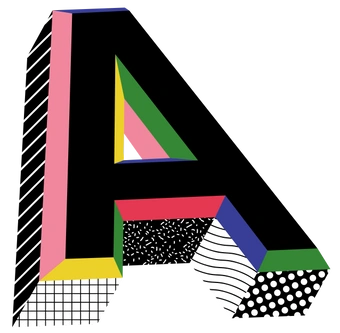GA Drilling, with its patented Plasmabit and Anchorbit technology, is the solution for a local and independent source of electricity, heating, clean water, and food production.
We provide scalable, modular solutions for zero-carbon emissions energy production. Geothermal energy is the only renewable source of clean and baseload energy, available 24/7/365, rain or shine.
Plasmabit brings a significant reduction in operational time and cost savings, drilling faster, deeper, and cheaper through any material, including hard rock and steel.
Plasmabit’s utmost potential is to unlock ultra-deep geothermal power almost anywhere globally. This will have the potential to replace all fossil fuel energy generation and a massive positive impact on climate change.
The technology is the result of years of R&D, with registered 23+ patents, supported by a full-time team of 70+ engineers and researchers, industrial funding, investors, 20+ EU research grants, and strategic technical development partnerships with drilling industry leaders.
If you would like to be part of our team and believe in our values, we would like to hear from you.
We believe in:
Trust - giving and receiving trust is fundamental for us.
Creativity - we always think big and seek ways that others don't.
Exceptionality - we are the best in things that matter.
Courage - striving for success, learning from failures, and getting through anything.
Ownership - personal accountability for our own actions and results.
We offer a fascinating and exciting opportunity for experienced professionals to continue to deliver this unique disruptive innovation to market. We seek highly professional and enthusiastic individuals with an adventurous spirit.
Interested? Contact career@gadrilling.com or visit www.gadrilling.com.


